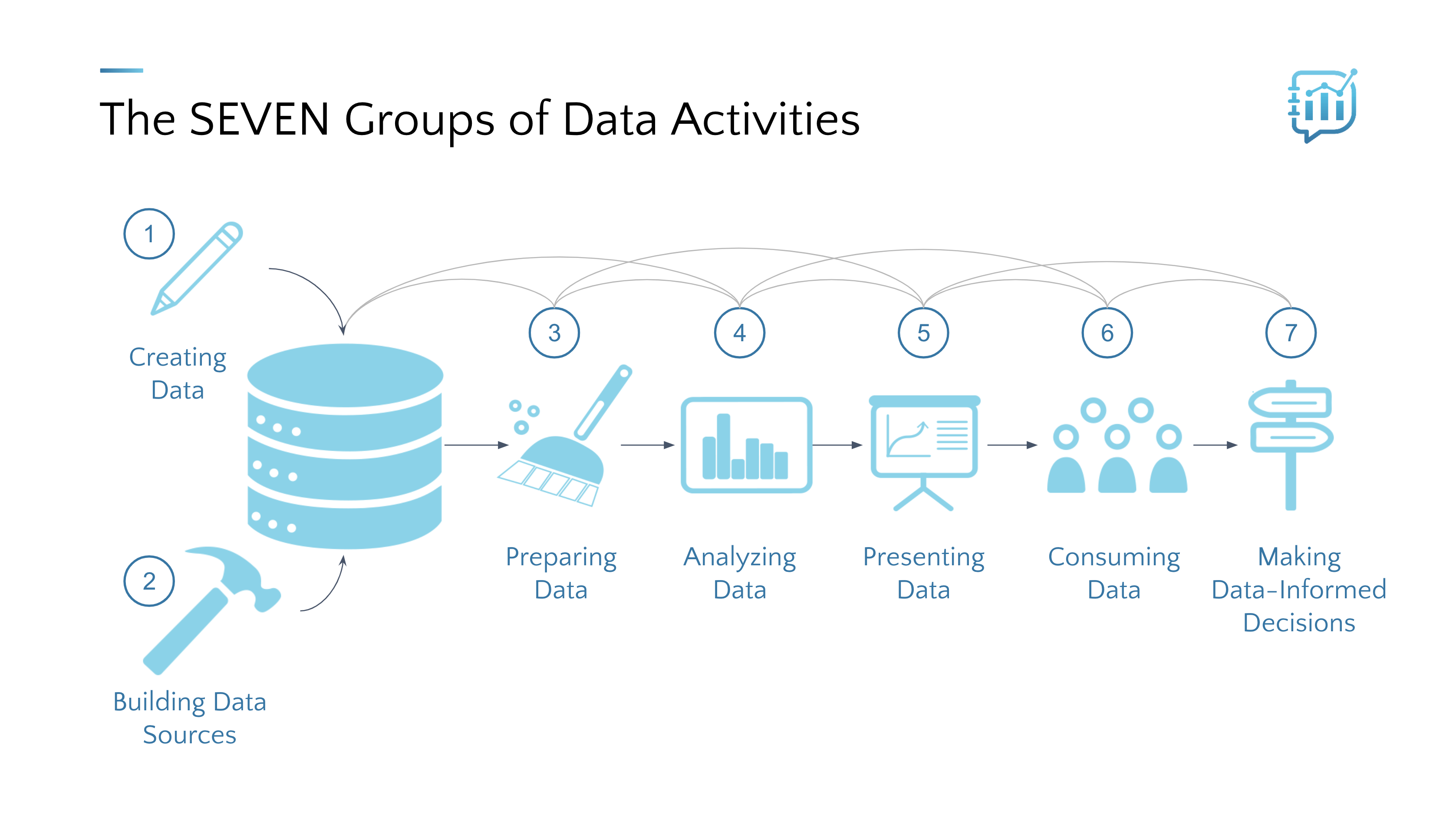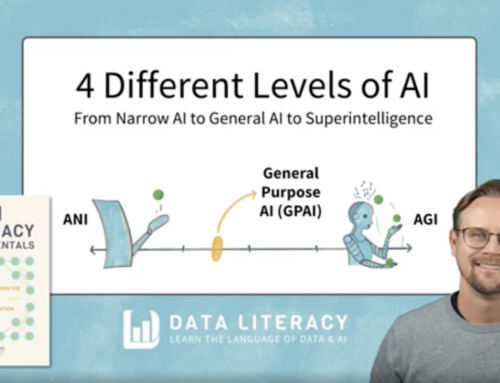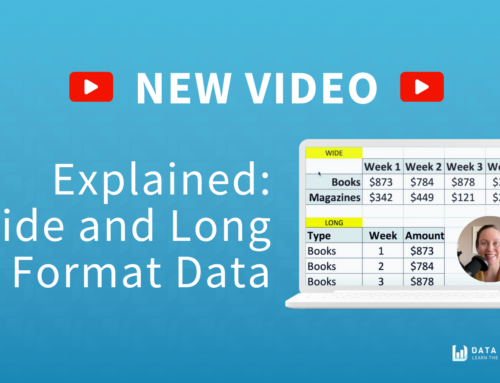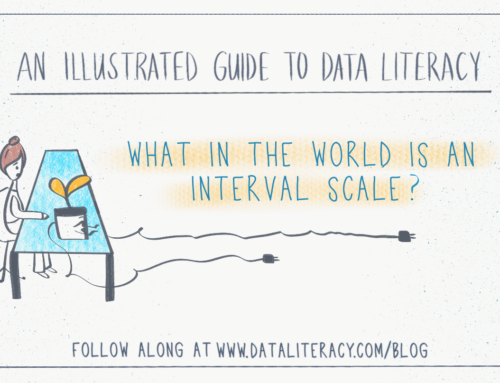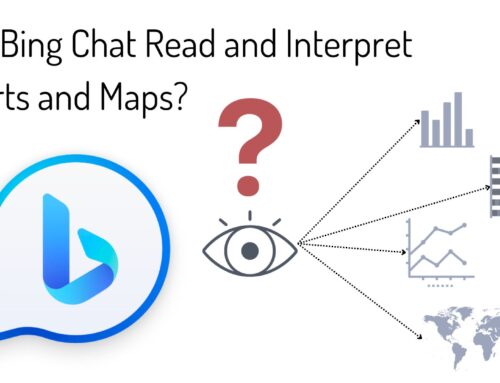Working with Data Professionals (when you aren’t one!)
Part 1: What Do Data Professionals Do?

The following guest blog post kicks off a four part series titled “Working with Data Professionals (when you aren’t one!).” This first post helps the reader better understand the various types of tasks and activities that data professionals carry out as they perform different roles within an organization.
The author of this series is Anna-Maria Steverson, Content Analytics Manager at Netflix. Anna also teaches our Data Literacy series, and will be leading the live Data Literacy Fundamentals course being offered to the public starting on January 10, 2022. The thoughts she shares in this series come from her own experience working in data roles at Fortune 500 companies.
A very common scenario I’ve come across in my career is when someone not in a data field is responsible for hiring, managing, or making requests of data professionals. This can quickly go sideways if you don’t have a solid grounding in the professional data ecosystem. By this I mean understanding the variety of backgrounds and skills a data professional might have and the outputs you should expect from them. In this blog series, I’ll be breaking down a few topics including hiring data professionals, managing a team of data professionals and getting the most out of data professionals. But first, let’s talk about the variety of things data professionals do!
The first thing to understand is that there is a flow to data work with corresponding activities as described by Ben Jones in “Data Literacy Fundamentals”:
It starts with getting the data needed and generally ends with some sort of consumable data product used to inform decisions. In between there is work to clean and transform the data into something useful, apply analytics techniques – such as visualization, statistical analysis, modeling, experimentation, etc. – to the data, and then publish the outputs.
All of these activities have specific skill sets needed to be successful at them. Many data professionals have a multitude of skill sets but some specialize in only one part of the flow such as getting the necessary data or creating machine learning modules. Let’s talk a bit more in depth about some groupings of data skill sets.
Data Engineering

Data Engineering is a broad skill set that encompasses a variety of activities related to ingesting, cleaning, transforming, and modeling data into a usable form. This work makes downstream applications such as reporting or machine learning possible.
A simple example is tying the data from two work systems together. Maybe you have a system that tracks customers and then you have another system that tracks orders. Data engineering work is needed to take the data produced by the two systems, place it in an accessible database, and connect the data so you can know all the details about a customer and the purchases they have made from you.
It can get much more complex when you include needs around big data, real-time, web data feeds, machine learning production, etc. To do this type of work, you will need someone with data engineering skills.
Reporting
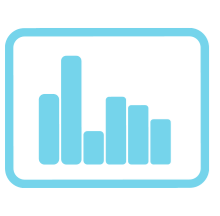
While this skillset can fall into data analysis or visualization and storytelling, it is common enough to call out in a section of its own. Reporting is a skillset that produces information that, most commonly, answers the question of “What happened”? This might be in the form of a dataset made available in a spreadsheet application or a highly curated dashboard. By far, this is the most common activity that non-data professionals will seek out a data professional for help with.
A key thing to note for reporting is that the skillset to answer “what is happening” is not the same skill set that will answer “why is this happening?” or “what will happen?” or even “what should happen?”. Many data professionals have skill sets that span all of these spaces but not all do.
Data Analysis
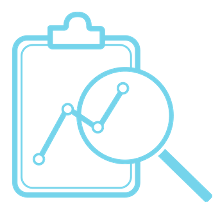
This is where a variety of techniques are applied to data in order to answer questions or mine for insight. It can be simple questions such as “How many times did our Illinois customers call us last month?” – which might be answered via a report – to very complex questions like “Why did our Illinois customers call us so much last month?”.
Accordingly, the techniques applied to different situations vary and the skillsets an individual data professional may have will also vary the most.
A strong grounding in data literacy is especially important if data is being analyzed. It is exceedingly easy to reach the wrong conclusions or produce inaccurate information. Data professionals that specialize in data analysis will have training in statistics and be familiar with techniques such as hypothesis testing, correlation analysis, and segmentation.
Experimentation
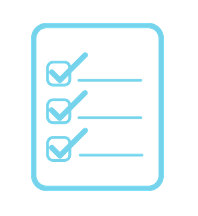
While experiments technically fall under the realm of data analysis, it is a specialization worth calling out. Experimentation skillsets are focused on testing hypotheses with well-designed experiments to answer questions around the effectiveness of strategies, which of several options should be chosen, and why a particular outcome is being seen. The skill to properly design experiments to ensure the results seen are valid and can be applied to broader situations is distinct from the ability to analyze the results and is not particularly common.
So, if experimentation is a data strategy you want to lean into, you’ll want professionals with these skill sets.
Machine Learning
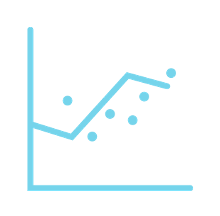
Machine Learning is another skill set that increasingly falls under the broader data analysis umbrella for the basics. However, skill sets that specialize in putting a model into production, keeping it updated, and tuning it are critical when a model is being used to inform – or make – critical business decisions. In addition, data professionals that specialize in machine learning tend to have deep knowledge of a broader variety of methodologies and are best at choosing the right model for the right situation to optimize performance and outcomes.
Finally, individuals with skill sets centered around machine learning are where you’ll find expertise in areas such as time-series forecasting (predict future volumes such as cash flow or interactions), computer vision (allow computers to interpret the visual world), or deep learning (develop virtual assistants).
There is a lot of overlap in this space but opportunities for very, very specific expertise.
Visualization & Storytelling
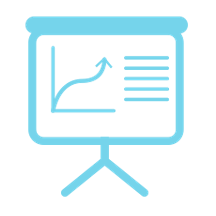
It may seem like visualizing data and telling stories with data would fall under the reporting skillset, or data analysis. While these combinations of skill sets can often be found in the same data professional, they are different. In fact, visualization and storytelling are actually distinct from each other as well but related enough that I’m putting them in the same section. Visualization skill sets involve a deep understanding of how human perception works as well as expansive knowledge of various ways to visualize data.
These skill sets are combined to produce data products that make it easy for people to consume the insights being made available. This can often involve the technical ability to create custom data products outside of common visualization tools (Tableau, Power BI, etc.)
Storytelling with data involves visualization skill sets, data analysis, and exposition. If there are specific insights that need to be understood or acted upon, there is a need for storytelling skill sets. This is an area that can be – and often is – done by data professionals, or non-data professionals, with a minimum of technical ability. However, like with data analysis, it is very easy to go wrong unintentionally without a solid grounding in data literacy.
Picture an individual who is skilled at making convincing arguments with data but not particularly skilled in how to properly interpret data, the limits of data, or the ethics of data. Such individuals, usually unintentionally, can do a great deal of damage by convincing individuals and organizations of things that are incorrect.
Wrapping it Up
That’s all for the overview of the various different types of skill sets you’ll encounter in data professionals. Next up in the series we’ll discuss how to go about hiring a data professional if you yourself are not one.

